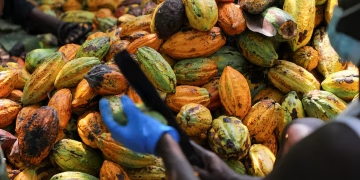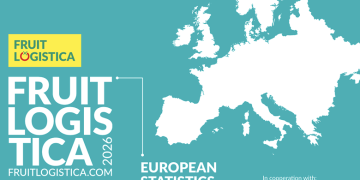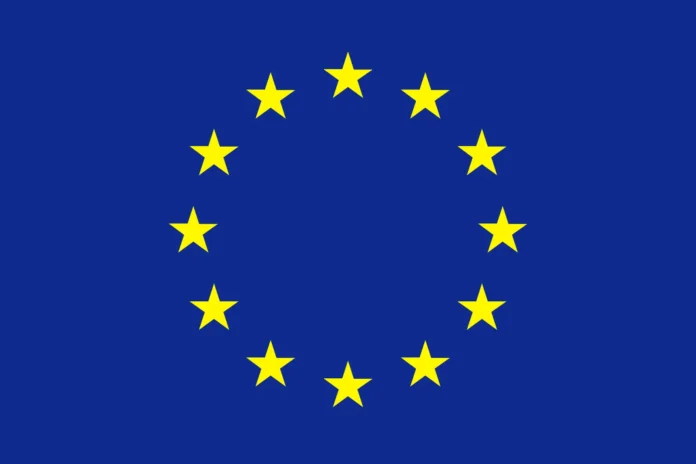Dr Hanson Arthur, Senior Consultant at Farrelly Mitchell Business Consultants Limited, says Ghana must develop a national roadmap to align its packaging regulations with emerging European Union (EU) standards to safeguard the country’s agri-food exports.
He said the roadmap would serve as a coordinated framework to guide manufacturers, exporters, and regulators in adapting to the EU’s new Packaging and Packaging Waste Regulation (PPWR) and the updated Bisphenol A (BPA) rules, both of which take effect from July 2026.
Speaking at a stakeholder validation workshop in Accra, Dr Arthur explained that the study conducted by Farrelly Mitchell, commissioned by COLEAD (formerly COLEACP), revealed low awareness and limited testing capacity in Ghana regarding the new EU requirements.
“Our findings show that awareness about these emerging regulations is still very low, and the country currently lacks the capacity to test for substances like BPA in packaging materials. This underscores the need for a national roadmap that brings together policymakers, industry players, and consumers to ensure both regulatory compliance and consumer safety.”
The EU’s new regulations seek to improve recyclability, composability, reusability, and traceability of packaging materials while restricting the use of hazardous chemicals such as BPA, a compound known to have endocrine-disrupting properties.
Dr Arthur cautioned that non-compliance could threaten Ghana’s access to the EU market, one of its most significant export destinations for agri-food products, including fruits and vegetables.
However, he stressed that the goal of the EU was not to restrict trade but to promote sustainable and safe packaging practices.
“The EU works with third countries to enable, not to oppose, their businesses. Just as it supported Ghana when our vegetable exports faced bans in 2014, collaboration and preparedness will again be key to ensuring that our exporters remain competitive.”
He called on the Ministry of Trade and Industry, the Ghana Standards Authority, the Environmental Protection Agency, and private sector stakeholders to coordinate efforts to raise awareness, strengthen laboratory testing capabilities, and establish clear guidelines for packaging manufacturers.
Dr Arthur added that beyond protecting exports, aligning with EU standards was also important for local consumer safety.
“It is not just about exporting to the EU. We must also be concerned about the safety of packaging materials used here in Ghana. Ghanaians too deserve packaging that is safe and environmentally friendly,” he added.
Mr Stephen Awuah, Regional Director for West Africa, Farrelly Mitchell, said the workshop aimed to validate the findings of the impact study, raise stakeholder awareness, and gather inputs to be shared with EU authorities through COLEAD.
He said achieving compliance with the new EU packaging rules would require coordinated action across government, industry, and research institutions.
“The stakes are high, but so too is our capacity to innovate, adapt, and lead,” Mr Awuah said.
Farrelly Mitchell is a Dublin-based agri-food business consulting firm with operations in the UK, North Africa, Kenya, Ghana, Saudi Arabia, and the United Arab Emirates.
























































